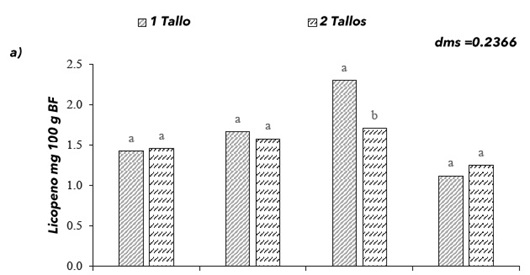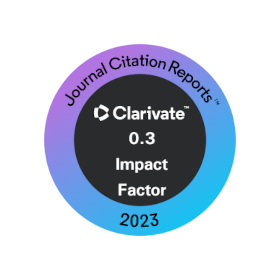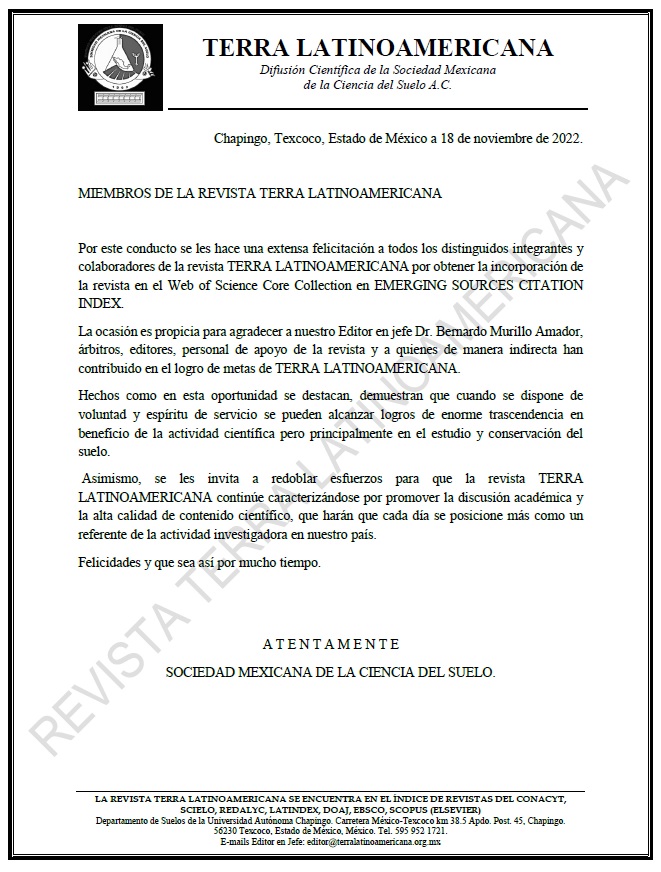Organic Fertilization and Number of Stems Af fect Quality and Bioactive Compounds in a Saladette Tomato Hybrid
DOI:
https://doi.org/10.28940/terra.v42i0.1848Keywords:
functional food, antioxidants, Solanum lycopersicum L.Abstract
The tomato (Solanum lycopersicum L.), due to its high demand and production, is the most important vegetable in the world, coupled with this, it is a functional food due to its antioxidant content. This crop is produced under a protected system with a synthetic inorganic fertilization source, which increases production costs. It is important to find an alternative source of fertilization and agronomic management that increases yields and improves the commercial and nutraceutical quality of this crop. The aim of the study was to verify the ef fect on the commercial quality and bioactive compounds of tomato, with doses of solarized bovine manure and the number of stems under a protected system, as well as evaluate the ef fect of organic fertilization on the soil. The research was carried out during the spring-summer 2021 cycle. Eight treatments (4×2 factorial) were obtained from the combination of four fertilization doses (0, 40, 60 Mg ha-1 of solarized manure and chemical fertilizer [Urea (46-0-0) and MAP (11-52-0)] with two numbers of stems (one and two stems) per plant. The commercial quality was superior organoleptically with the treatment of 60 Mg ha-1 and with a single stem being higher than 4.8 °Brix. The highest yield was obtained with the dose of 60 Mg ha-1 of bovine manure being statistically similar to chemical fertilization. The content of bioactive compounds (lycopene and antioxidant capacity) increased by 36% with the ef fect of the interaction of 60 Mg ha-1 of manure and a stem compared to the chemical treatment. The content of MO, NO3-, NH4+ and PO4-3 in the soil increased with the doses of manure, which reflects one of the benefits of using this fertilizer organic.
Downloads
















